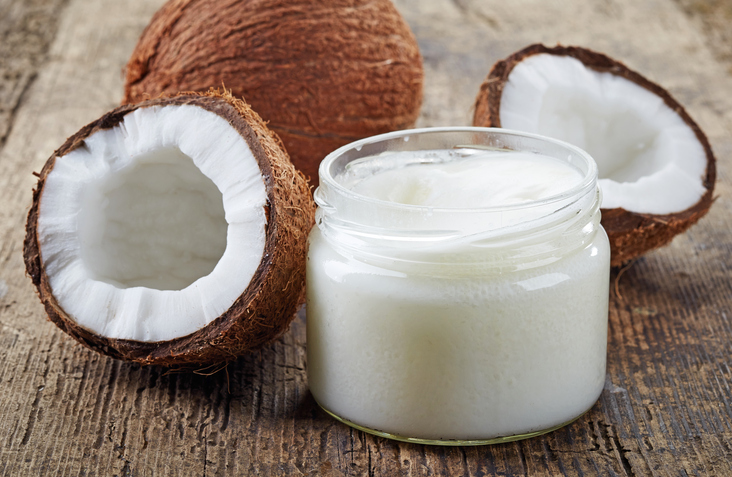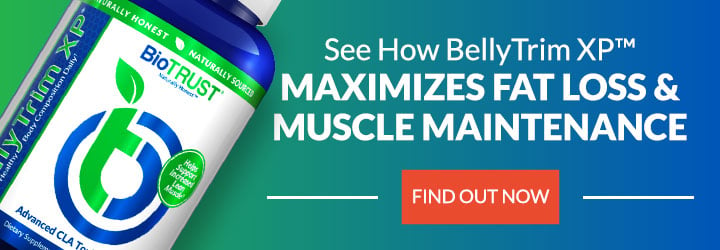The 1 Miracle Cooking Oil Better For You Than Olive Oil

While extra virgin olive oil has always been (and will continue to be) a staple, nutritious, go-to oil for healthy cooking and food prep, there’s a new kid on the block that’s getting all the attention as of late.
This powerhouse oil has been touted by “celebrity” fitness gurus for its metabolism and weight-loss benefits, Hollywood celebrities have sworn by its hair, skin, and anti-aging properties, and researchers have examined the compelling claims.
Oh me, oh my! Whatever could this so-called “miracle” oil be?
Well, before we get to that, you may be shocked to learn that this oil is 90% SATURATED FAT, yet by most standards, it’s even healthier than extra virgin olive oil.
We’re talking about extra virgin coconut oil.
While extra virgin coconut oil has a higher smoke point than olive oil (350 vs. 320 degrees F, meaning it can withstand even higher temperatures without being damaged or denatured), its most unique health-supporting and fat-loss benefits come from a special type of saturated fat that is abundantly found in coconut oil: medium-chain triglycerides (MCTs).
MCTs are a unique form of saturated fat that have been shown to possess antioxidant and anti-microbial properties and may also offer anti-fungal, anti-bacterial, and anti-viral immune benefits.
Even more, several studies have linked replacing other fats with the consumption of extra virgin coconut oil to smaller waist sizes. One study published in the American Journal of Clinical Nutrition found MCTs to be THREE times more effective at raising metabolism than long-chain fatty acids. And one other study showed coconut oil provided a greater muscle-preserving effect when calories were restricted in overweight individuals.
How?!
Great question. You see, because medium chain fats are metabolized by being sent right to the liver from the digestive track (unlike most fats), they’re more likely to be used immediately for energy or stored as ketone bodies. In addition, coconut oil appears to be more “thermogenic”; that is, it may increase energy burning compared to if you consumed the same amount of other types of fats (on a calorie per calorie basis). One study, for example, showed that when 1 to 2 tablespoons of MCTs were consumed, energy burning increased by 5% or about 120 calories per day.
Super Fat-burning Combination:
Beyond that, coconut oil has been shown to slow digestion, increase feelings of fullness, and support healthy blood sugar levels. It also appears to reduce appetite, so you’ll eat less calories. In one study, healthy men who were eating high amounts of MCTs ate 256 fewer calories per day, without even trying.
Clearly, replacing other fats with this “super” oil as part of your nutrition plan may carry numerous benefits. A win-win all around.
The type of coconut oil you choose is very important, however, as some coconut oils are BAD NEWS for your health (such as hydrogenated and partially hydrogenated coconut oil).
By far, the purest form of coconut oil is organic extra virgin coconut oil, and the top researchers and experts recommend replacing other fats with 2 – 4 tablespoons of coconut oil daily. The easiest way to get your daily quota of this super fat is to use coconut oil in cooking as you would olive oil or any other oil, in baking, and you can even mix it in your fat-burning protein shakes.
Supercharge Your Diet Results with IC-5
IC-5, which is scientifically-designed to promote insulin sensitivity and improved carb tolerance, is one of our top diet-boosting supplement.
With IC-5, you know that you are supporting carbohydrate tolerance, keeping potentially harmful AGEs at bay, and amplifying the anti-aging effects of the ketogenic diet. It’s a triple threat for overall health and anti-aging!






